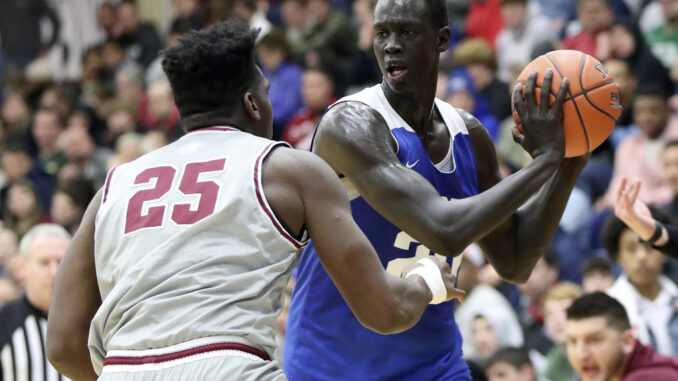
By Raymond Lucas Jr.
The future of college basketball may include Historical Black Colleges and Universities in a highly visible way. Hoping to uplift the larger Black community, some top high school athletes are taking a harder look at predominantly Black schools to develop their sports careers.
Chatter about top-ranked recruits going to HBCUs began on the West Coast, when San Diego native Mikey Williams tweeted, “Going to an HBCU wouldn’t be too bad.” ESPN ranks him as the third best basketball player in the high school class of 2023, but as a sophomore he likely won’t commit anytime soon.
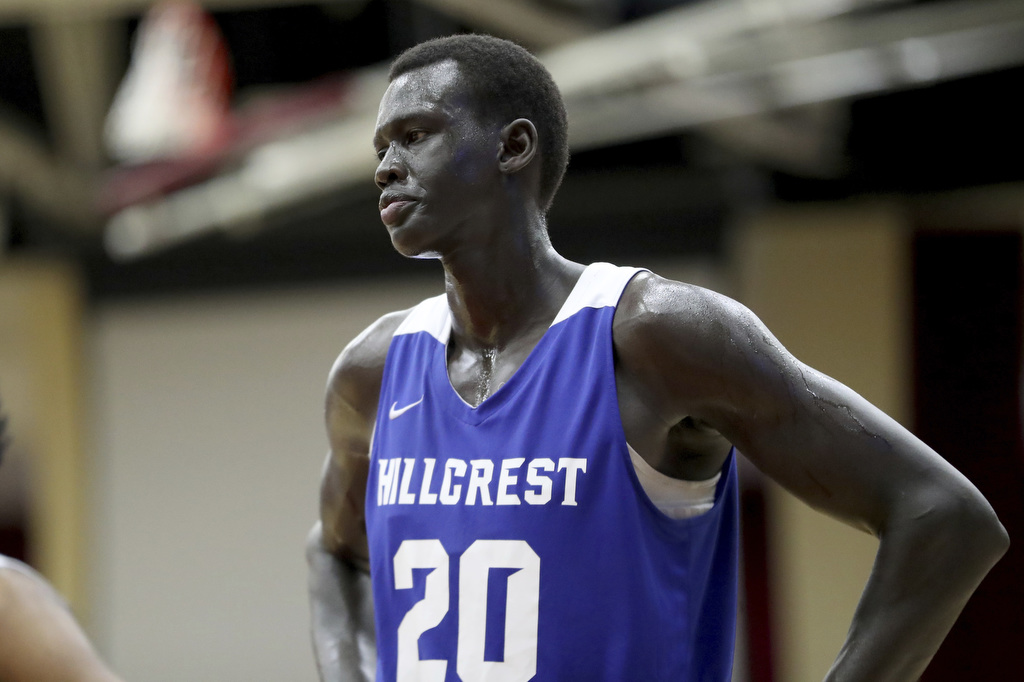
The story is different for Makur Maker, who decided to pass on bluechip basketball programs like Kentucky and Kansas to spark a movement when he committed to Howard. Maker’s brother, Thon, plays for the Detroit Pistons.
“I need to make the HBCU movement real so that others will follow,” he wrote on Twitter to announce his decision. “I hope I inspire guys like Mikey Williams on this journey. I am committing to Howard University and Coach Kenny Blakeney.”
Blakeney, Howard’s head coach, cannot comment on the commitment until Maker signs his formal letter of intent, but he is happy to see HBCUs getting attention at the top levels of college sports.
“I’m so happy for the culture,” Blakeney said. “HBCUs have a community, caring nature about them where some student athletes may have a better chance to really reach their maximum potential. So I think it’s a wonderful thing.”
If this becomes a movement, the landscape of college basketball and those universities could be forever changed. College hoops could see new powerhouses emerge, which would create NCAA tournaments that are more captivating. If the teams do become powerhouses or even make deep runs into the postseason, the schools’ fundings would take unimaginable jumps, he said.
“If you look at teams that have gone from deep runs in the NCAA tournament, George Mason, VCU, Butler,” Blakeney said, “when they went to the Final Four, admissions had gone up. You get more sales in the bookstore, your alumni become more engaged in either giving or being a part of the campus community.
“Then you have situations where you have sponsorships, TV deals and more interest pointed towards your university. So, it not only helps your basketball program. I think it helps the overall look of a university.”
There are steps that must be taken for this trend to get rolling. The biggest one depends on the National Basketball Association draft.
The best college players in the nation usually leave campus after their freshman or sophomore year with confidence that they will be a first round draft pick in the NBA, which is the promised land for hoopers. HBCUs will have to dispel the notion that only Duke and North Carolina-level programs can get players in.
“There’s a belief that you have to go to a certain school to achieve that dream, and in reality the NBA has probably 200 scouts that are under their umbrella from every team,” Blakeney said. “It’s their full time job to go out and know where all the really good basketball talent is.”
Only time will tell if Maker’s decision is the start of a movement, but when committing to Howard, he brought added attention to HBCUs.
“I’m so happy that, you know, young black men and women are starting to also look at HBCUs as a viable opportunity for their education,” Blakeney said.

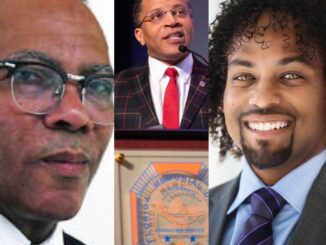
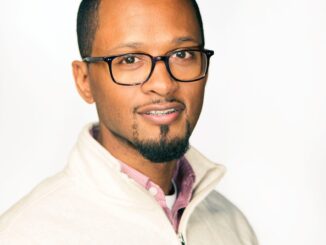
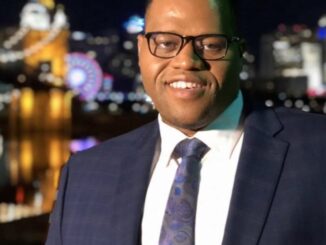
Be the first to comment